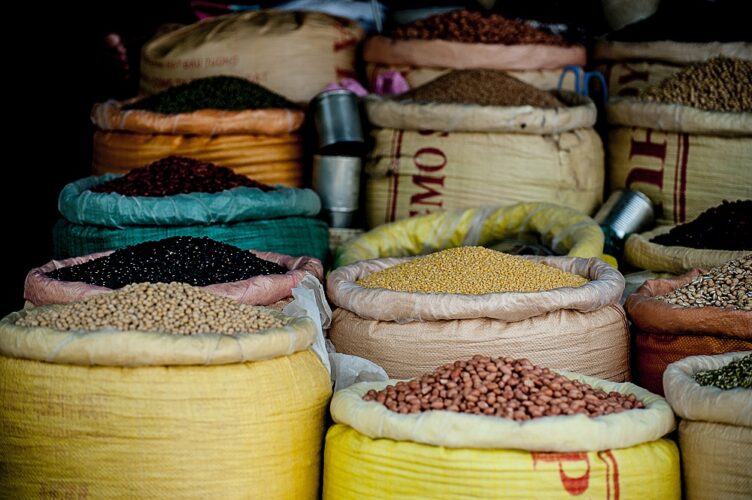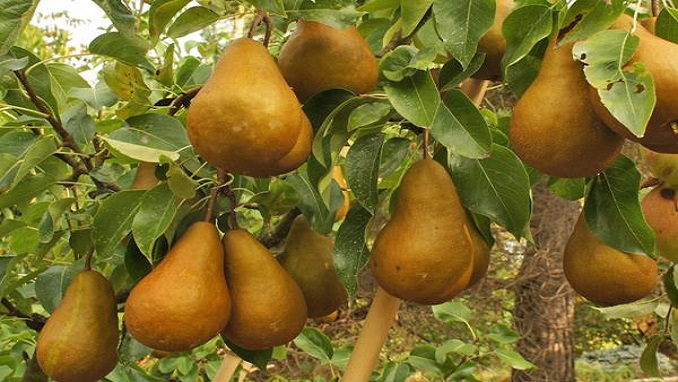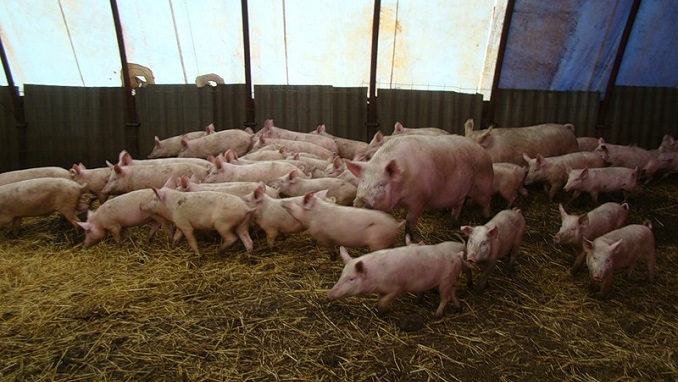The Commission approved the Common Agricultural Policy (CAP) strategic plans of Germany, Greece, and Lithuania, with respective budgets of €30.5 billion, €13.4 billion, and €3.9 billion. This amounts to a total EU budget of €47.8 billion, as reported by The European Commission via press release.
Upwards of €14 billion of the combined EU budgets of these three nations will be allocated to environmental and climatic goals and eco-schemes, along with €1.6 billion for young farmers, all in an effort to curb the impacts of climate change and boost food security.
Germany’s strategy emphasizes environmental and climatic protection while preserving the viability and resilience of farms and rural communities. About 30% of the agricultural area will benefit from measures that improve soil quality, preserve or increase carbon storage, or reduce emissions as part of the almost €2.4 billion dedicated to organic farming.
The strategy for Greece will increase the profitability of small- and medium-sized enterprises, which are essential to Greek agriculture. This will be accomplished with the aid of enhanced redistributive payments and targeted income support. The Greek program also intends to improve the management of natural resources and lessen the impact of agriculture on the environment.
In its strategy, Lithuania places a lot of focus on providing farmers with decent wages. With redistributive compensation for small- and medium-sized farms and combined support for many industries, almost €3 billion is set aside for income support. More than 4,600 young farmers will receive assistance in starting their businesses as well as ongoing support. Additionally, all sustainable agricultural approaches will be recognized and rewarded.
Earlier in November, Swiss-based fertilizer producer EuroChem announced that its subsidiary Lifosa is restarting operations and will resume making phosphate fertilizer as early as December.
Due to a lack of raw materials and a lack of progress in obtaining new shipments, the Lithuanian manufacturer suspended operations in September. According to a statement from EuroChem, efforts with the administrator who has been in charge since May have now led to the relaxation of some supply limitations.
A modern, resilient, and sustainable European agricultural industry is what the new Common Agricultural Policy (CAP), which will take effect on January 1, 2023, is intended to help develop. A total of €270 billion will be allocated to the CAP between 2023 and 2027.



